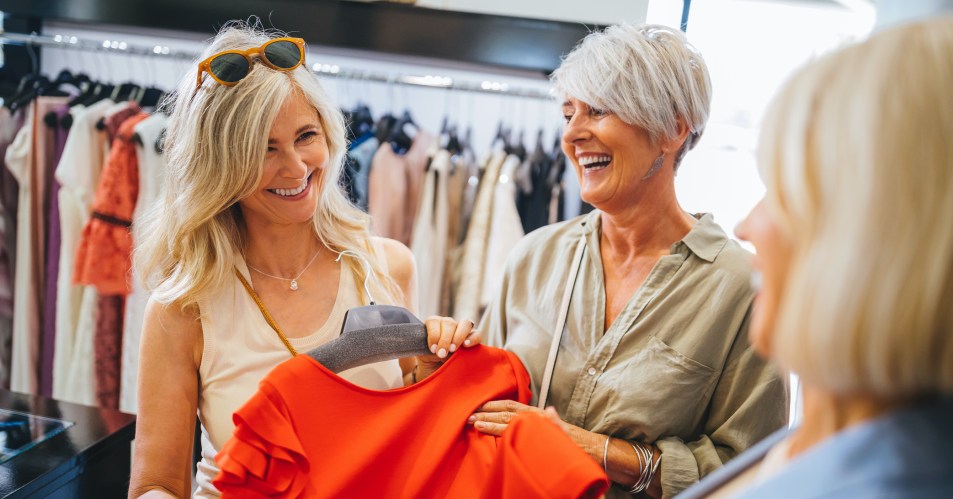Why We Should Embrace Being Called Ma’am — We’ve Earned It!

The wage gap between American women and their male counterparts is well-documented. Unmarried men are traditionally “bachelors” while unmarried women are “spinsters.” These are just a couple of the ways that women in our country are shown a lack of respect. However, there is one form of respect that many women get, but it may cause most of them to cringe: being addressed as ma’am. But I am flipping the switch and saying yes to ma’am; I’ve earned it!
Taking the payment for my lunch check at a nationwide diner chain, the 20-something female cashier hands me my change, with a “thank you, sweetie.” When I walk into a nearby home decor store, the salesgirl, around 18, greets me with, “let me know if you need anything, honey.”
I realize that these two employees are trying to interact with me in a polite manner, but I am a 56-year-old woman, and having someone less than half my age address me as honey, sweetie, or dear is anything but endearing. In fact, to me, it is maddening! Certainly not the effect they were aiming for.
When I recount these incidents to other women my age (or older), they respond with, “well, what should they call you?” When I say “ma’am” they usually recoil in horror. To many American women, of almost any age, being addressed as ma’am makes them feel old. And as we Americans, especially American women know, it’s certainly not okay to be old. Hollywood tells us this, and almost every sector of society reinforces this message.
Just yesterday, I overhead a conversation in a supermarket parking lot between a woman of around 60 and the employee gathering shopping carts. He addressed her as ma’am, and she stopped walking, looked at him quizzically, and asked “I’m a ma’am?”
I remember the first time I was called ma’am. I was a college freshman at a woman’s college in Virginia, and we sometimes interacted with young men from a nearby military institute. Our peers from that institute (18-year old guys) called us m’am because of their training and protocol. We would giggle, inwardly or outwardly. Being called m’am at the age of 18, by another 18-year-old, felt strange. M’am was our mother, grandmother, or any other older woman, but certainly not us.
So if ma’am unacceptably ages us, and honey doesn’t cut it, what does?
In some regions of the country, ma’am is not just acceptable, it’s expected, as a form of politeness. Similarly, people in many other countries don’t have to question this, terms of respect are a part of many languages. Asian languages, such as Japanese, Thai, and Vietnamese, have built-in honorifics (terms of respect). For instance, in Thai, girls are referred to as pi, which means big sister, or nong, meaning little sister, by peers, whether or not they are actually related. The language ensures that all members of society are deferential to each other so that by the time they reach a more mature age, there is a habit of respectful address that people both give and receive.
Sure, I’m a little flattered when an employee (male or female) calls me miss, but at a certain point (for you and no one else to determine when), we should accept our position in life and graciously (internally and externally) embrace being addressed as ma’am. It doesn’t mean you’re old. It does mean that whatever you’ve gone through to reach the stage you’re at, you’ve earned the right to be addressed with respect.












